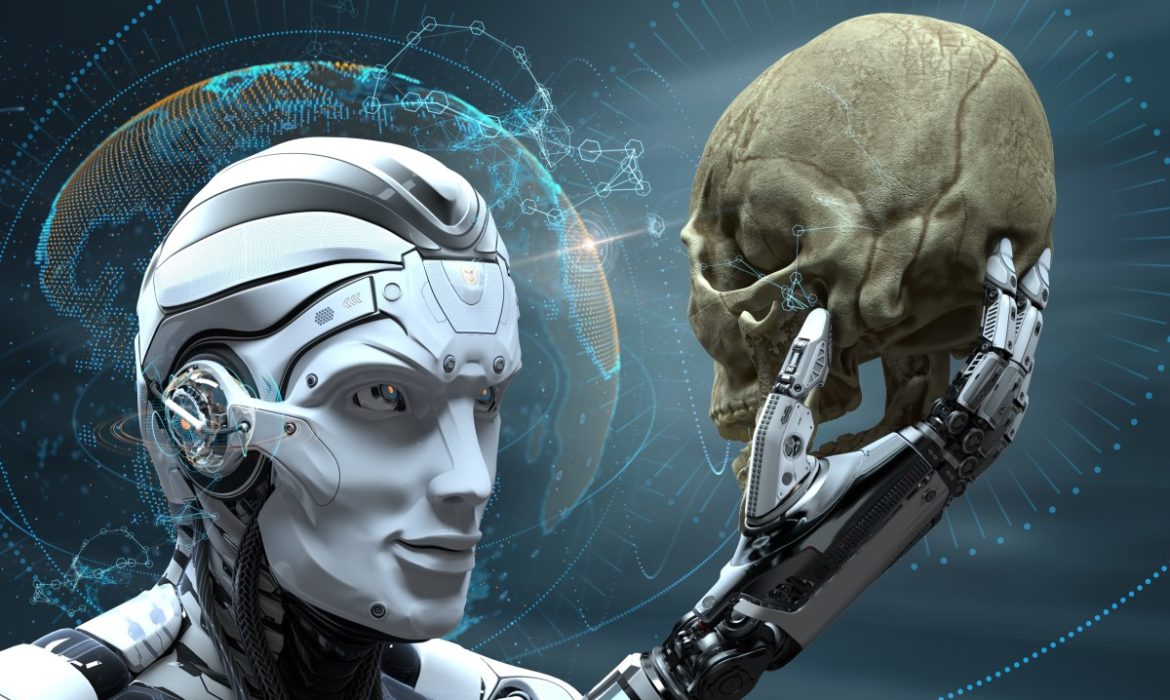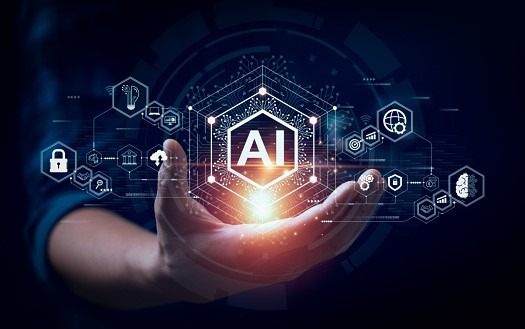Recently, the United States sent two aircraft carrier strike groups into the South China Sea. This was a show of military strength. It was a reaction to China holding military exercises in international waters, waters the Philippines and Vietnam are contesting with them over. That is why the move of multiple American warships happened. In terms of autonomous weapons systems, remote imaging, and artificial intelligence, each superpower has developed advanced technologies. These armaments are why the stand-off raised global tensions for a while. Officials in each nation must understand how emerging technologies speed up decision-making; nevertheless, an acceleration of the crisis runs the risk of dangerous miscalculation.
Carl von Clausewitz, a Prussian military theorist and general, has a famous work, “on War”. Recent events have been quite reminiscent of it. Military doctrine all over the world has been rooted in an understanding of the ever-changing character of war, the ever-changing nature of war, how war manifests in the real world, those abstractions that differentiate war from other acts – namely its political, interactive and violent elements. Military scholars and decision-makers have debated and discussed those definitions time and time again, with the nature of the war being articulated as the human element of armed conflict, and the character of war that is often defined by the technologies of the day.
With the advent of artificial intelligence and other emerging technologies, those time-honored definitions will change. At a fundamental level, conflict, battle, and war are time-competitive processes. This is because not only is technology changing but so is the rate of the change accelerating.
Artificial Intelligence
Thus, in regard to armed conflict, that is the central issue we have before us today. The side that can leverage, create, and master an equilibrium between the character of war and the nature of war. Especially within the new environment of supercomputing, artificial intelligence, and supercomputing, will for sure prevail in conflict. Emerging and new technologies will define the geopolitical climate. Thus, national defense is one of the most critical areas of development for the 21st century. It is especially important to assess the revolutionary impacts of emerging technologies and artificial intelligence on nearly every face of armed conflict and national security. This includes the critical role of continued human control and the accelerated pace of warfare.
There are significant opportunities to deploy artificial intelligence-based tools, ultimately. Someone must address and consider the major rising threats. A variety of technologies can improve scalability, decision-making, and speed to some dizzying degrees. Nevertheless, with so many other artificial intelligence applications, operational and policy shifts are necessary to facilitate the proper integration and innovation of those emerging technologies. These policies would make sure they do not weaken but strengthen general readiness and leadership capacity and the performance in the field.
Throughout human history, militaries operated as the most overt political tool available to society and governments. For example, Clausewitz wrote that war is a continuation of politics by other means. While modern society forces play a variety of interchangeable roles (national defense, peacekeeping, stabilization), they invariably represent the threat of violence.
From all this, we see that technology and artificial intelligence is essential for the piece and the war as well.
















